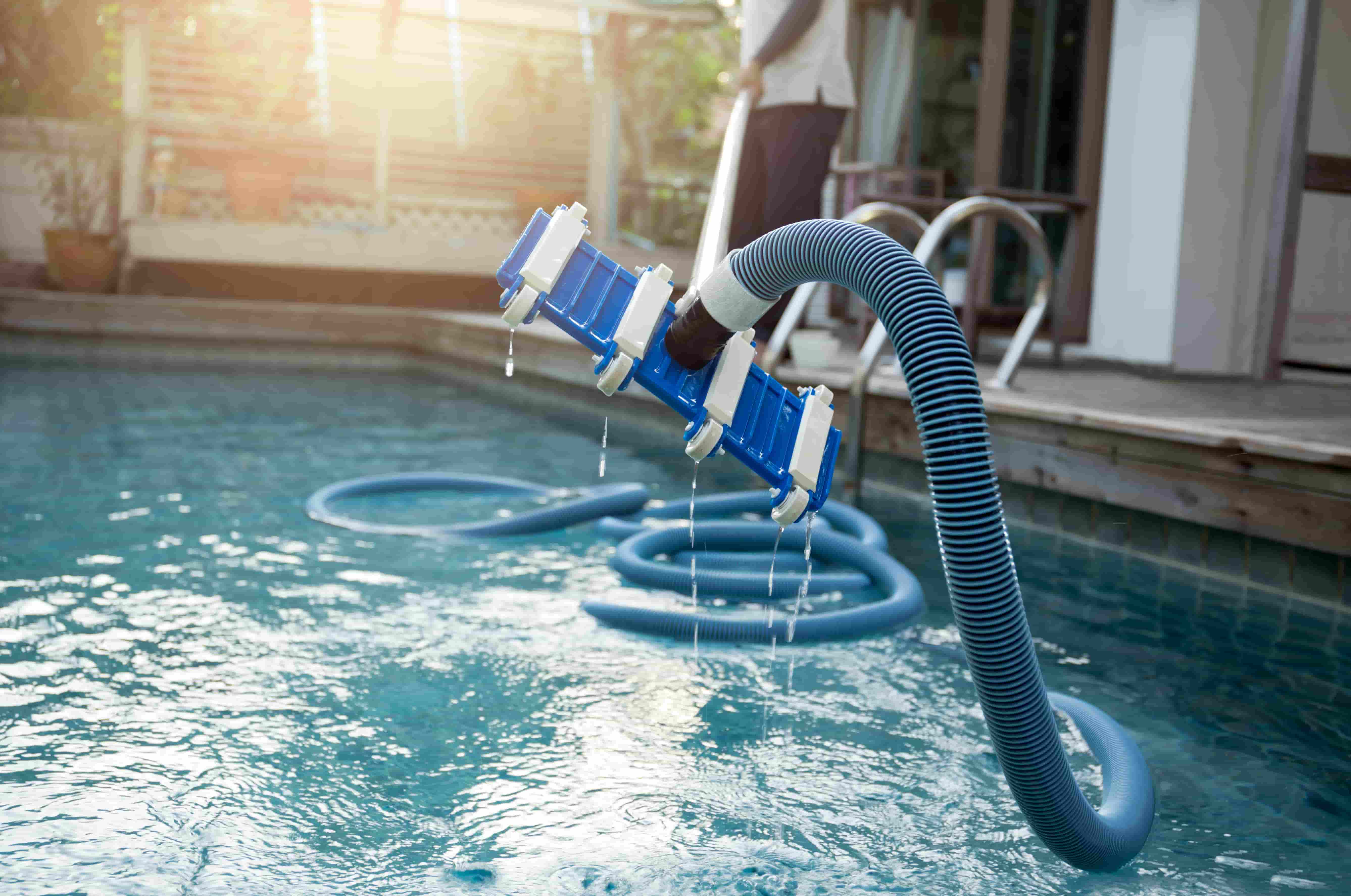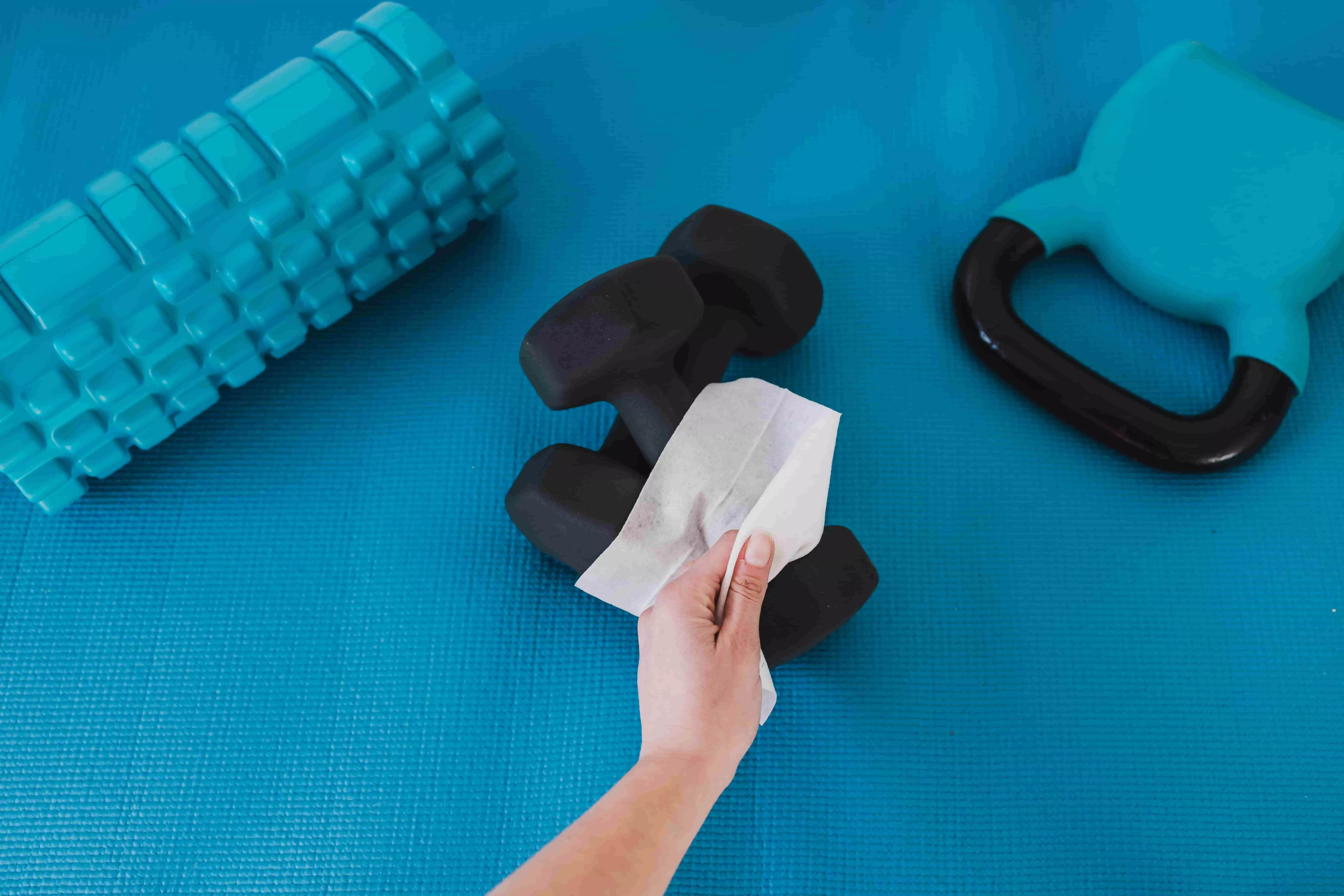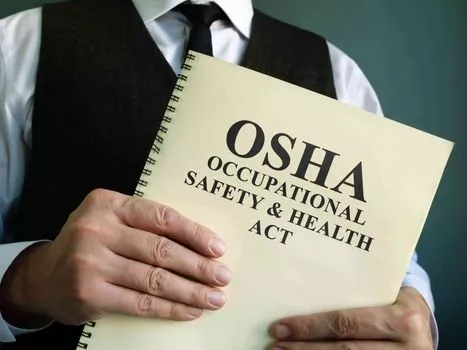Why invest in workplace safety?
Winter weather can cause many workplace injuries and safety hazards. Don’t think your organization is immune. For example, in 2014, there were 42,480 work injuries involving ice, sleet, or snow that required at least one day to recuperate, according to the U.S. Bureau of Labor Statistics. These injuries resulted from falls, slips & trips, overexertion, & bodily reaction, and transportation incidents. 82% of the 42,480 injuries were due to falls. However, had the proper winter workplace safety precautions been taken, many of these workplace injuries likely could have been prevented.
Workplace injuries not only result in lost work hours, but safety violations can also lead to costly fines. The average penalty for a willful or repeated violation is $132,598, according to the U.S. Department of Labor. Additionally, your insurance rate will go up with the more workers' compensation costs your organization takes on. To avoid these expenses, it’s best to implement loss prevention strategies before workplace accidents happen. Through human resource and risk management tactics, you can build toward a more secure future for your company while saving time and cutting costs for your business in the process.












